Does Drinking Alcohol Cause Nasal Congestion? HowStuffWorks
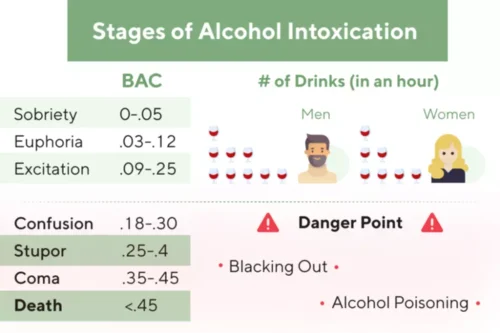
Another common symptom of alcohol intolerance is experiencing headaches or migraines (in more severe cases). Like mentioned earlier, experiencing nasal congestion can make this symptom even more noticeable and painful. This is because alcohol can weaken your immune system, making you more susceptible to allergens. Additionally, alcoholic beverages contain histamines and sulfites, which can trigger allergic reactions, including hives, rashes, and flare-ups of eczema. alcohol sneezing For instance, some individuals may be sensitive to the sulfites present in wine or the hops in beer, resulting in an allergic reaction and subsequent sneezing.
Allergy Quizzes
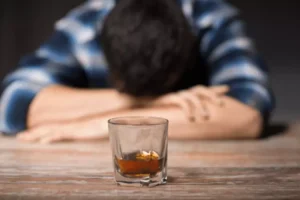
For example, red wine contains a much higher percentage of histamines when compared to white varieties, so choose wisely if wine sneezes are known to put a damper on your evening. Alcoholic beverages like wine and beer can make allergies worse due Halfway house to their high histamine content. Histamines are chemicals your body produces during an allergic reaction.
Microplastics in Alcohol: A Hidden Risk for ALDH2 Deficient Drinkers
- However, if you experience severe or persistent symptoms, it is advisable to seek medical advice.
- The duration depends on the amount of alcohol consumed and a person’s tolerance to alcohol.
- Wyndly-affiliated medical practices are online practices that help allergy sufferers achieve symptom relief.
- Beer, brown liquor, and cider contain the highest levels of sulfites among alcoholic beverages.
- Remember, everyone’s body reacts differently to alcohol and allergens.
- First, the body produces histamines in response to the presence of the alcohol that the body is unable to digest.
However, if you experience severe or persistent symptoms, it is advisable to seek medical advice. While some foods are broken down in the intestines, others are digested in the stomach. Alcohol does not need to pass through the digestive tract in order to be digested; rather, it is absorbed directly into the blood stream. While alcohol can help you fall asleep faster, it has a negative effect on sleep quality and duration.
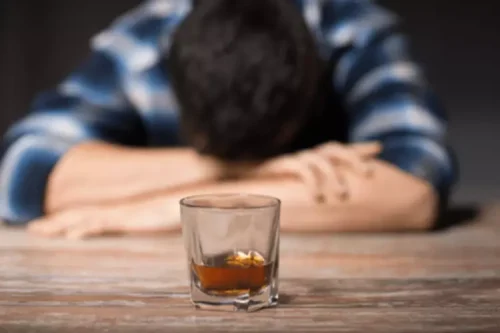
Alcohol Allergy
- This is known as the snatiation reflex, which is a combination of the words ‘sneeze’ and ‘satiation.
- Asthmatics, for example, are at an increased risk of having a reaction to sulfite-containing food.
- This reaction will happen whatever alcohol you consume, whether it is drunk or added to main courses or puddings.
- The histamine causes the blood cells in the nasal region to dilate, resulting in mucus, nasal congestion, sneezing, and a runny nose.
Problems in the immune system cause an alcohol allergy to develop, while genetic problems in the digestive system tend to cause alcohol intolerance. These problems make it difficult for the body to break down alcohol properly. If you experience these symptoms after drinking alcohol, you must see a doctor as you may need to be treated for an allergy. The onset of symptoms is usually noticed by slightly more laboured breathing after consuming alcohol.
- The ASCIA website is intended for use by ASCIA members, health professionals and the general public.
- If sneezing impacts your quality of life, talk to your doctor about ways to reduce or eliminate the problem.
- Some people are sensitive to sulfites and can exhibit adverse reactions to sulfite residues in foods.
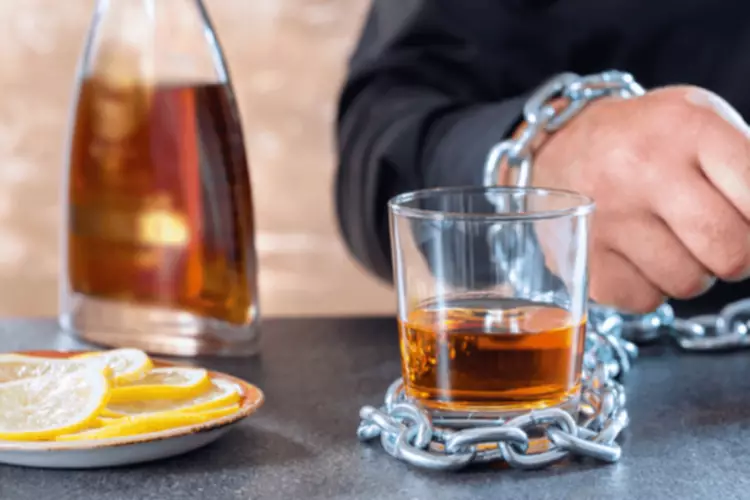
Alcohol intolerance is caused by a genetic condition in which the body can’t break down alcohol efficiently. The only way to prevent these uncomfortable reactions is to avoid alcohol. A few alcohols are less likely to trigger symptoms in people with alcohol intolerance. However, if you have alcohol intolerance, you must talk to your doctor about which alcohols are best for you to drink. In addition to histamine, sulfites can be found in wine and beer, which may also irritate allergies for some people.
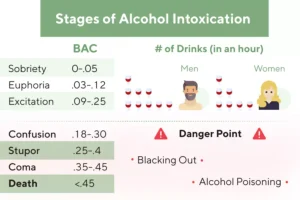
What You Can Do To Prevent Sneezing When You Drink
However, it is important to choose non-drowsy antihistamines, especially if planning to continue daily activities. Additionally, it is advisable to refrain from further alcohol consumption for the day to prevent exacerbating symptoms. Just like wine, beer has a lot of ingredients that can make someone react negatively.
